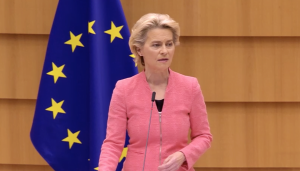The Federal Government recently sanctioned a substantial increase in salaries, ranging from 25 to 35 percent, for key sectors such as police officers, armed forces personnel, and public servants. This decision, announced by the National Salaries, Incomes and Wages Commission, will be effective from January 1, 2024.
The increase applies to six consolidated salary structures, including those for civil servants, researchers, police, paramilitary personnel, intelligence community workers, and members of the armed forces.
Moreover, pensioners under these structures will also witness a notable raise, with pension increases ranging from 20 to 28 percent. This adjustment adheres to the provisions of Section 173(3) of the 1999 Constitution of Nigeria (as amended).
The decision follows extensive negotiations, during which there were discussions about a 40 percent salary increase. However, an agreement was ultimately reached to implement raises ranging between 25 and 35 percent.
This development addresses longstanding calls from Nigerian civil servants for improved compensation. Similarly, labor unions have been advocating for a significant increase in the minimum wage nationwide.
The Nigeria Labour Congress initially proposed a monthly minimum wage of N615,000, while the Trade Union Congress suggested figures ranging from N447,000 to N850,000, depending on the region.
These demands are fueled by concerns over rising inflation and the high cost of living, exacerbated by recent events such as the electricity tariff hike. Negotiations continue, with the NLC revising its demands downwards to around N500,000, while considering proposals from their state chapters.
A final decision on the minimum wage is anticipated to be made by May 1, 2024, coinciding with May Day.






